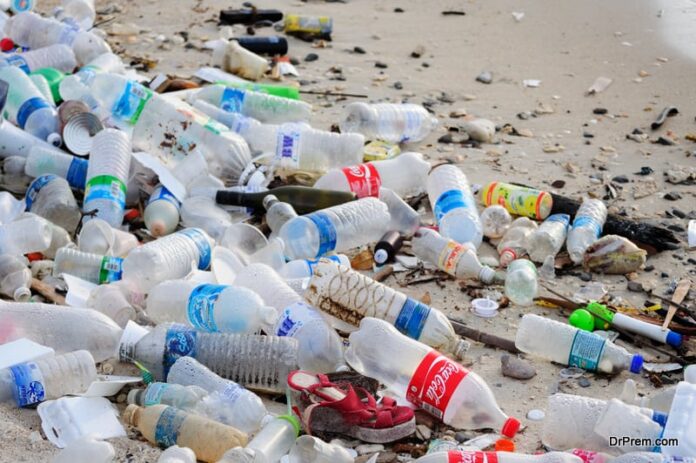Most Ghanaians say ordinary citizens are responsible for reducing pollution and keeping their communities clean, while some place that responsibility on the local and national government, the latest Afrobarometer survey shows.
Citizens consider pollution a serious problem and cite trash disposal, sanitation, and water pollution as the most important environmental issues in their communities.
Most say plastic bags are a major source of pollution. A majority of citizens rate the government’s performance in reducing pollution and protecting the environment as poor.
Key findings
▪ Almost two-thirds (64%) of Ghanaians say pollution is a “somewhat serious” or “very serious” problem in their community (Figure 1).
▪ Citizens say trash and plastic disposal (cited by 31%), sanitation or human waste management (26%), and pollution of water sources (16%) are the most important environmental issues in their community (Figure 2).
▪ Fully four out of five respondents (81%) say plastic bags are a major source of pollution in Ghana (Figure 3).
▪ Almost six in 10 Ghanaians (57%) say the primary responsibility for reducing pollution and keeping communities clean rests with local citizens. Far fewer would assign that responsibility to their local (21%) or national (14%) government (Figure 4).
▪ Only about three in 10 citizens (29%) think the government is doing a good job of reducing pollution and protecting the environment, while a majority (66%) rate the government’s efforts poorly (Figure 5).
Afrobarometer surveys Afrobarometer is a pan-African, non-partisan survey research network that provides reliable data on African experiences and evaluations of democracy, governance, and quality of life.
Eight survey rounds in up to 39 countries have been completed since 1999. Round 9 surveys (2021/2023) are currently underway.
Afrobarometer’s national partners conduct face-to-face interviews in the language of the respondent’s choice. The Afrobarometer team in Ghana, led by the Ghana Center for Democratic Development, interviewed a nationally representative sample of 2,369 adult Ghanaians in April 2022.
A sample of this size yields country-level results with a margin of error of +/-2 percentage points at a 95% confidence level. Previous surveys were conducted in Ghana in 1999, 2002, 2005, 2008, 2012, 2014, 2017, and 2019.
















































